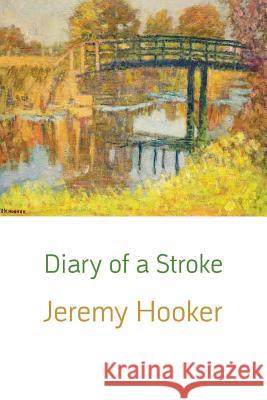Diary of a Stroke » książka
Diary of a Stroke
ISBN-13: 9781848615090 / Angielski / Miękka / 2016 / 190 str.
Diary of a Stroke is a poet's journal with a difference. After suffering a stroke in July 1999, Jeremy Hooker kept a diary of his experience in hospital and of the subsequent period of recuperation at home, which ended with his return to work shortly after January 1, 2000. As in his other published journals, he observed the life around him, with notations of the living moment giving rise to reflection. Closeness to death gave his thinking about questions of ultimate meaning a special urgency. As time passed, he found the diary becoming a memoir of his early years. The past was coming back to him in 'scenes', which were 'quick with sensation and laden with memory'. As a consequence, he was able to write about people dear to him - especially his parents and brothers - who had played a formative part in his life. At the same time as he was learning to walk again, and describing his immediate Somerset environment, he was remembering and vividly describing growing up in rural southern England during and after the Second World War.
Diary of a Stroke is a poet’s journal with a difference. After suffering a stroke in July 1999, Jeremy Hooker kept a diary of his experience in hospital and of the subsequent period of recuperation at home, which ended with his return to work shortly after January 1, 2000. As in his other published journals, he observed the life around him, with notations of the living moment giving rise to reflection. Closeness to death gave his thinking about questions of ultimate meaning a special urgency. As time passed, he found the diary becoming a memoir of his early years. The past was coming back to him in ‘scenes’, which were ‘quick with sensation and laden with memory’. As a consequence, he was able to write about people dear to him – especially his parents and brothers – who had played a formative part in his life. At the same time as he was learning to walk again, and describing his immediate Somerset environment, he was remembering and vividly describing growing up in rural southern England during and after the Second World War.











